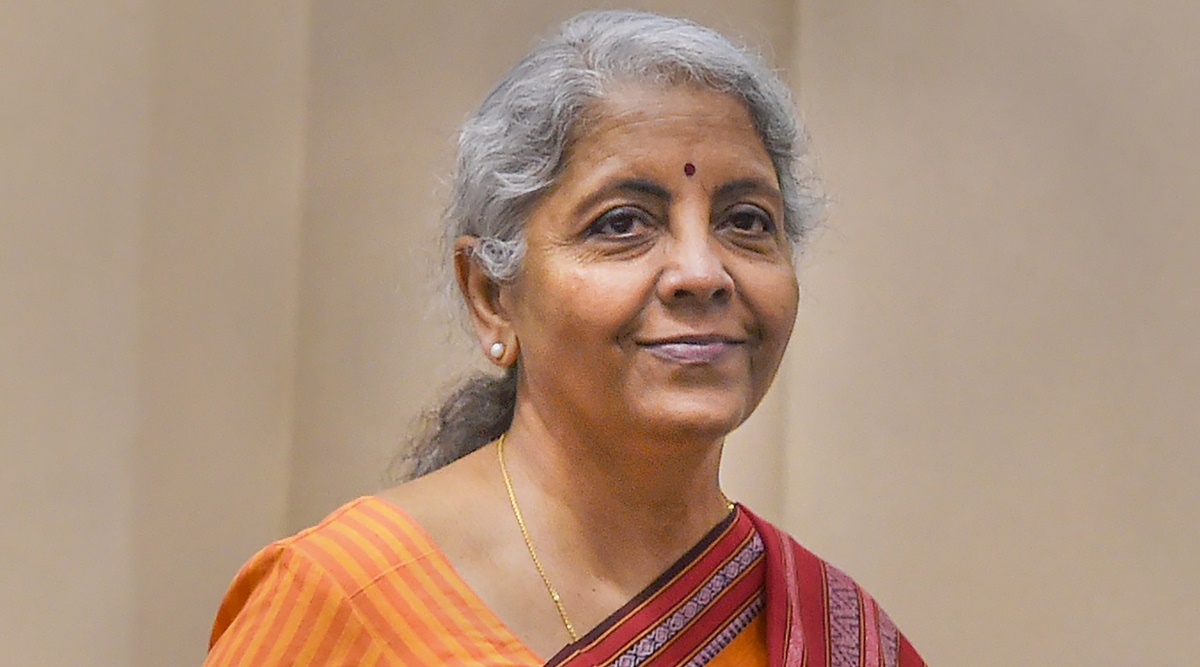The Government May Categorise Online Gaming And Impose Separate GST Rates.
Mobile devices, according to the sources, are the key engine of India's online gaming business.

According to an official, the Finance Ministry is contemplating categorising online gambling as skill or chance and levying a differential rate of GST. Online gaming, where success is contingent on a specific outcome or is in the nature of betting or gambling, would be subject to a 28% Goods and Services Tax (GST), whilst those requiring some skill might be taxed at a lower 18%.

The GST Council will make a final judgement on the taxation of online gambling at its next meeting, which is expected to be in May or June. All online games are not games of chance, nor are they betting or gambling. According to sources, the Finance Ministry will convey its position before the council. The task would be to distinguish between what should be considered a game of skill and what can be considered a game of chance.
Online gaming now gets an 18% GST. The tax is placed on gross gaming income, which is the amount of money paid to online gambling websites.
A Ministerial Group led by Meghalaya Chief Minister Conrad Sangma presented a report on GST on online gambling to Finance Minister Nirmala Sitharaman in December last year. The GoM agreed to a 28% GST on internet gambling. However, in the absence of agreement on whether the tax should be levied only on the fees charged by the portal or on the entire consideration received from participants, the GoM decided to refer all suggestions to the GST Council for a final decision.
Charging 28% GST on the total amount player deposits for a game in all categories of online games will diminish the prize money available for distribution and push players away from genuine tax-deducting portals. According to industry analysts, this may also encourage online gamers to use illegal portals that do not collect taxes.
During the Covid shutdown, there was a significant increase in the number of users in India. According to some estimates, the online gaming industry will rise to Rs 29,000 crore by 2024-25, up from Rs 13,600 crore in 2021.

The contentious subject of levying Goods and Services Tax (GST) on online games has been simmering for over two years, with several states arguing for a lower tax rate on online games that demand skill. They believe that games of skill should not be viewed the same as games of chance.
In the absence of a clear definition, tax warnings are frequently filed to online gaming platforms, followed by litigation. In a previous report given to the Council in June 2022, the Group of Ministers proposed a 28% GST on the whole value of the consideration, including the contest entrance fee, paid by the participant, without distinction, such as games of skill or chance. The Council, on the other hand, has requested that the GoM rethink its findings.
How giant is the online gaming market in India?
By 2025, the Indian mobile gaming market is anticipated to be worth USD 5 billion. Between 2017 and 2020, the country’s industry grew at a 38% CAGR, compared to 8% in China and 10% in the United States.
India’s share of New Paying Users (NPUs) in gaming has expanded at the highest rate in the world over the last two years, going from 40% in 2020 to 50% in 2021.
According to an EY FICCI (Federation of Indian Chambers of Commerce and Industry) analysis, transaction-based gaming revenues climbed by 26% in India, while the number of paying players increased by 17%, from 80 mn in 2020 to 95 mn in 2021.
Why is online gaming growing in India?
Because of Covid 19’s limits and lockdown, there were online schools and work-from-home opportunities, plus the growing popularity of digital payment contributed to an increase in demand for online gaming.

Growth in the gaming sector has resulted in increased investment to match demand. Because of the potential for profit, technology corporations began to take an interest in it as well.
Conclusion.
Mobile devices, according to the sources, are the key engine of India’s online gaming business. Smartphone use has fueled growth in the gaming sector. The majority of games are played on mobile devices. The emergence of quicker smartphones with increased gaming capabilities, as well as affordable internet, has fueled the industry.




